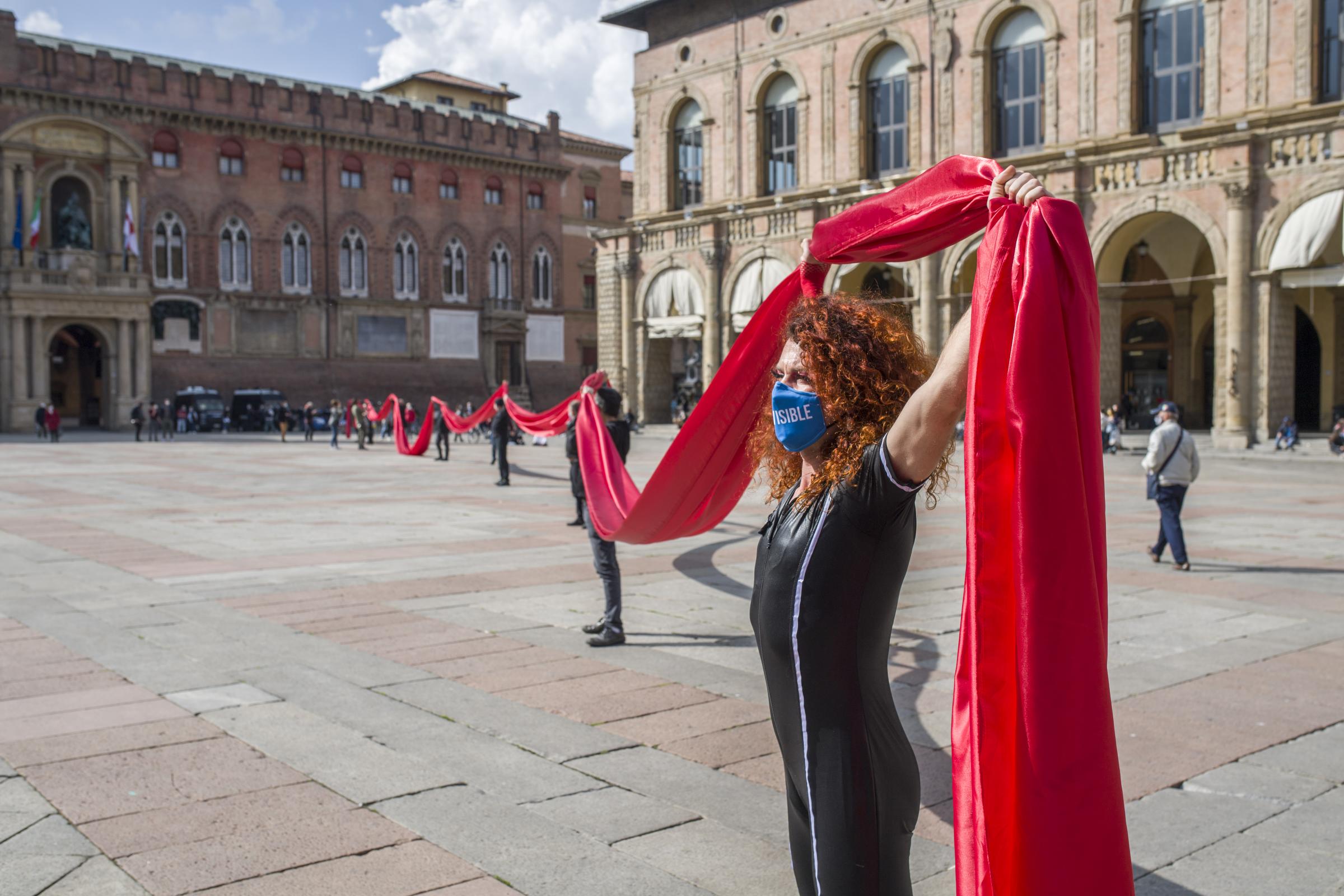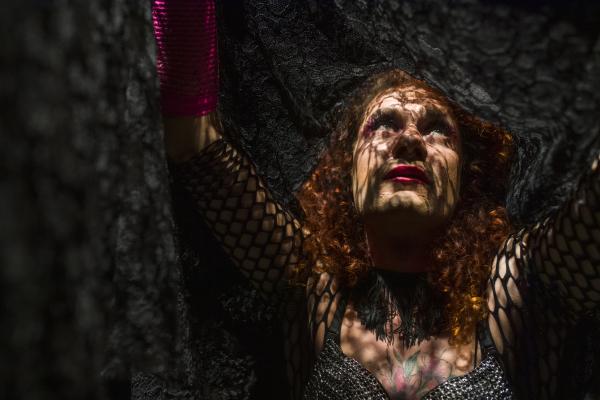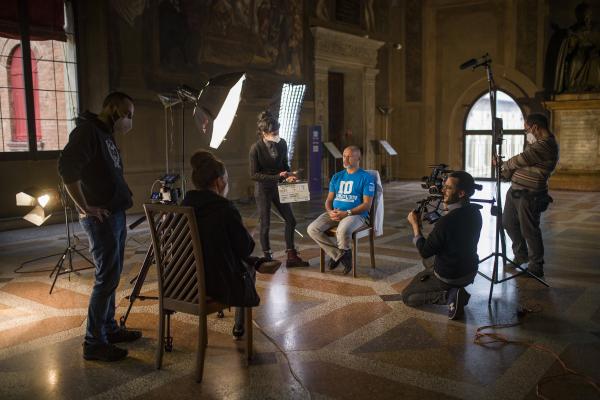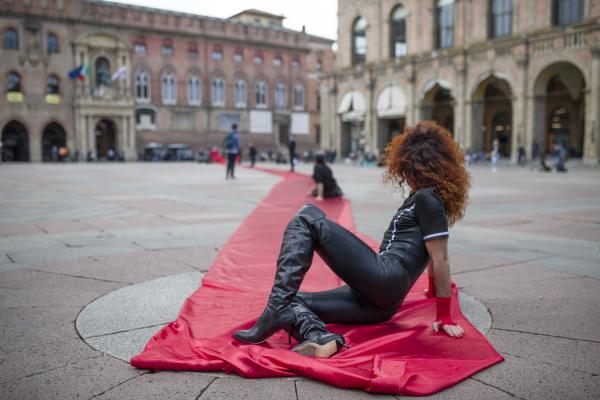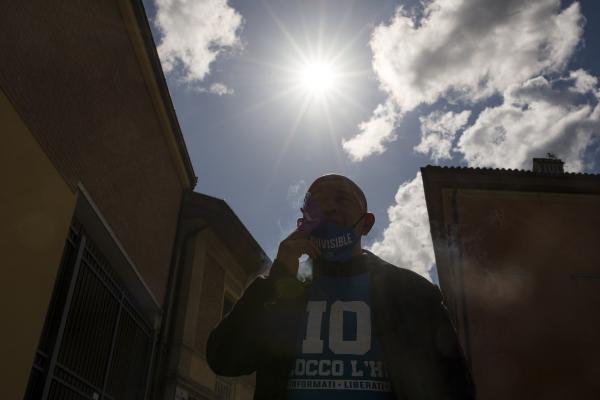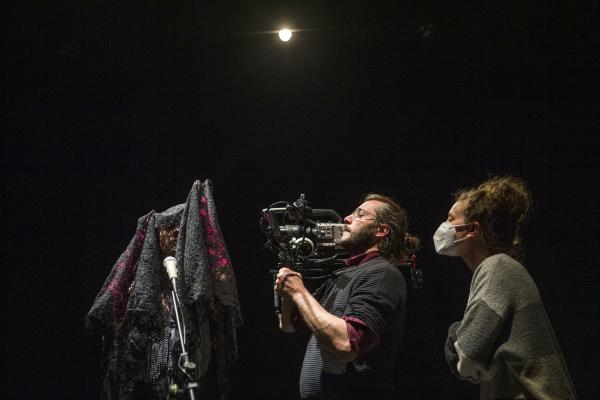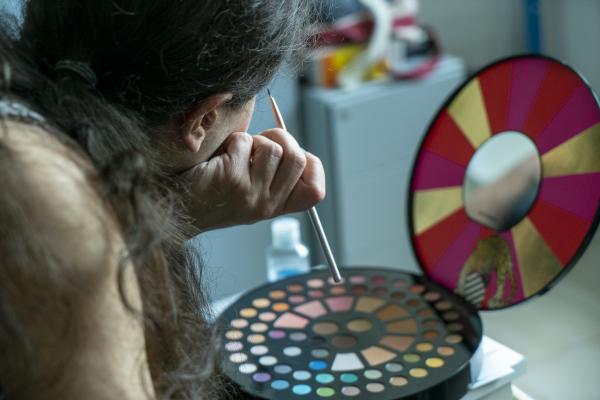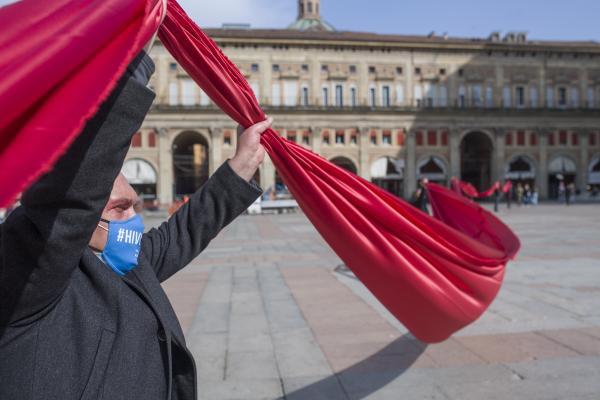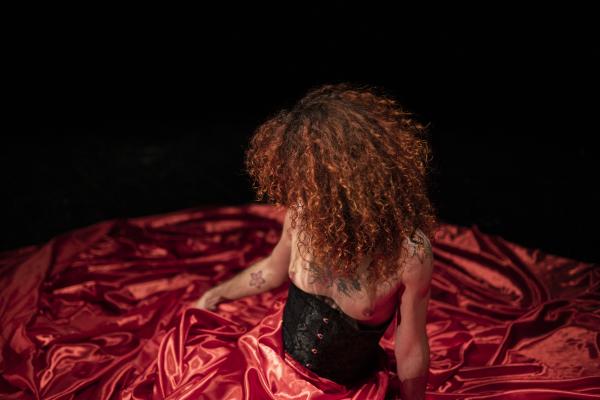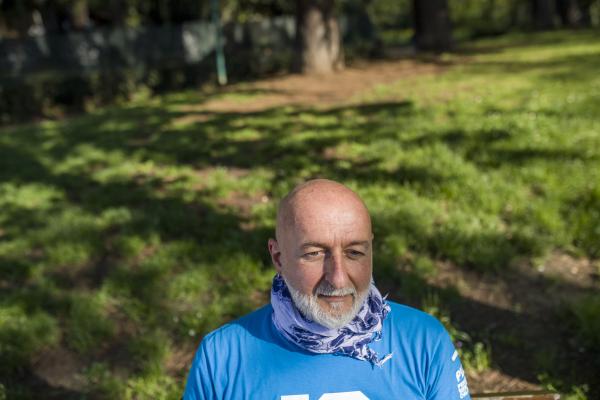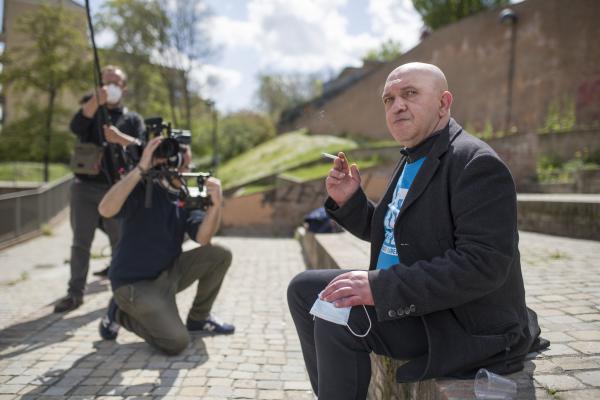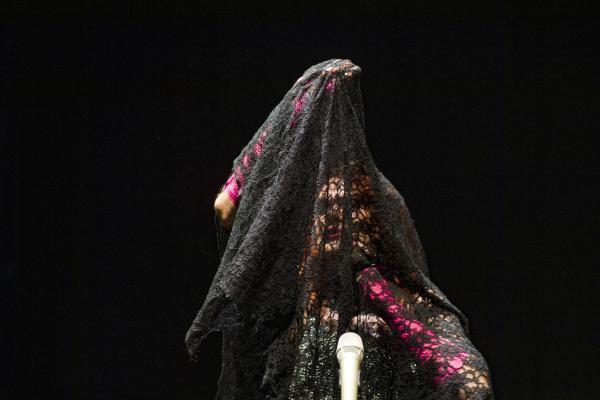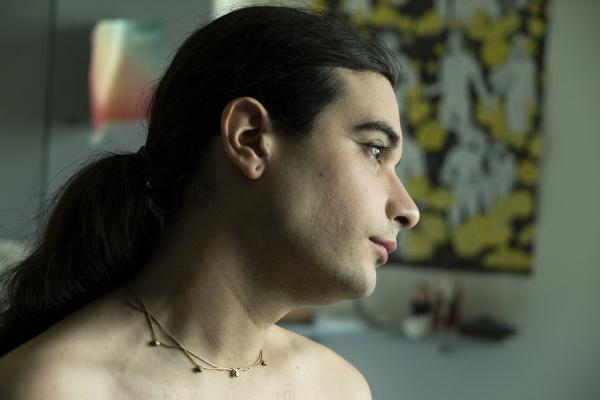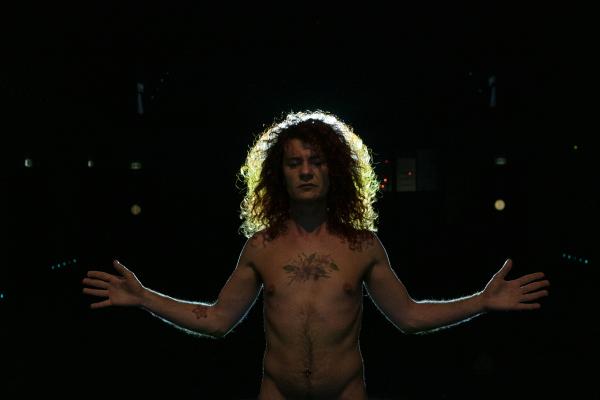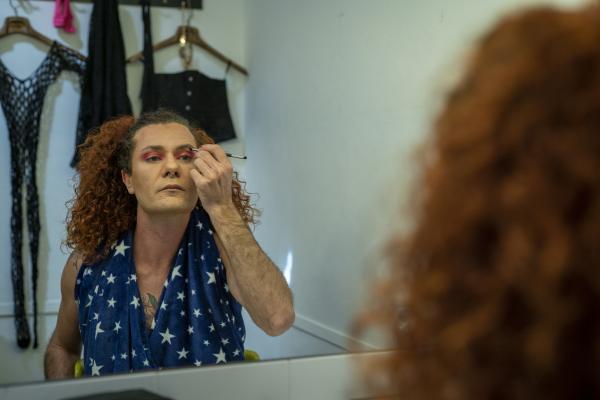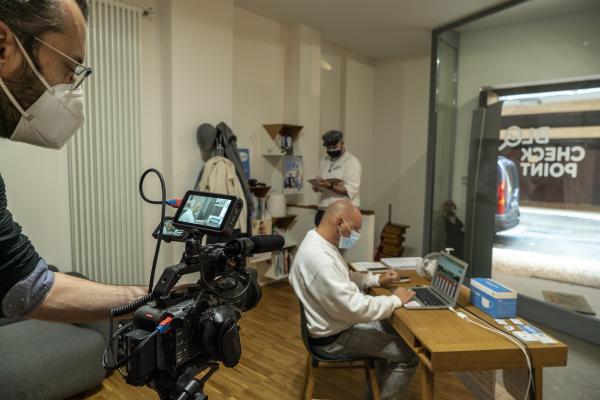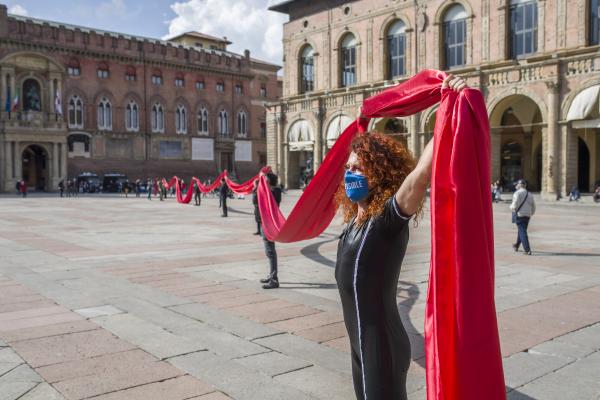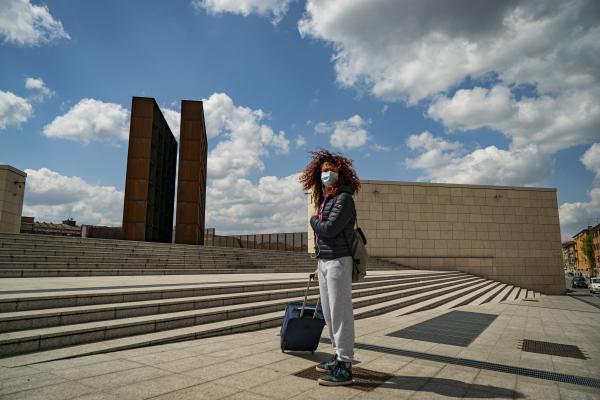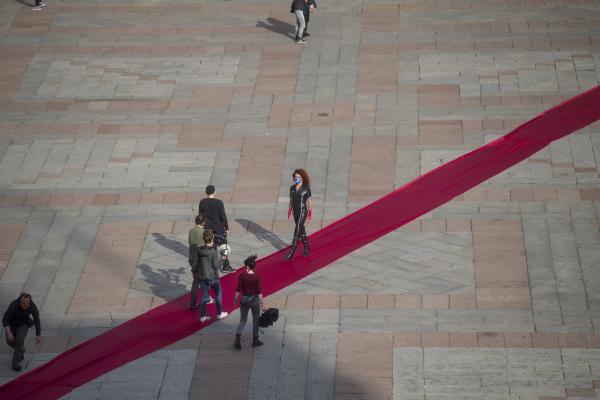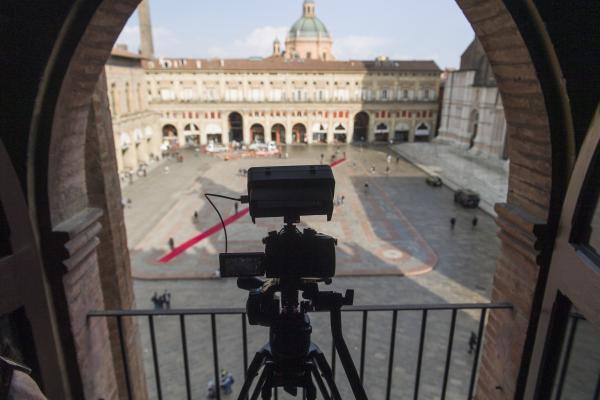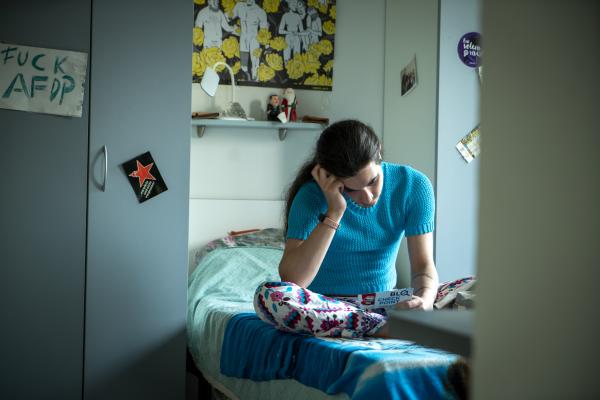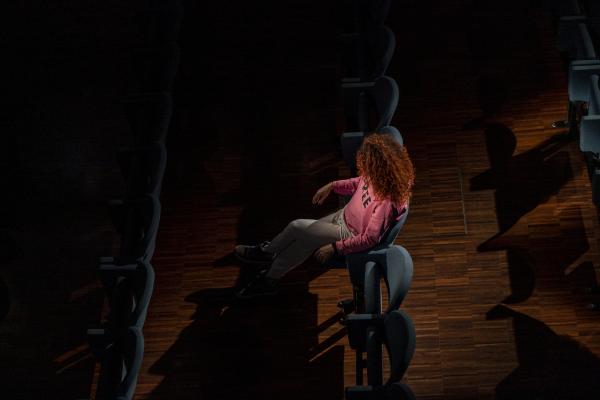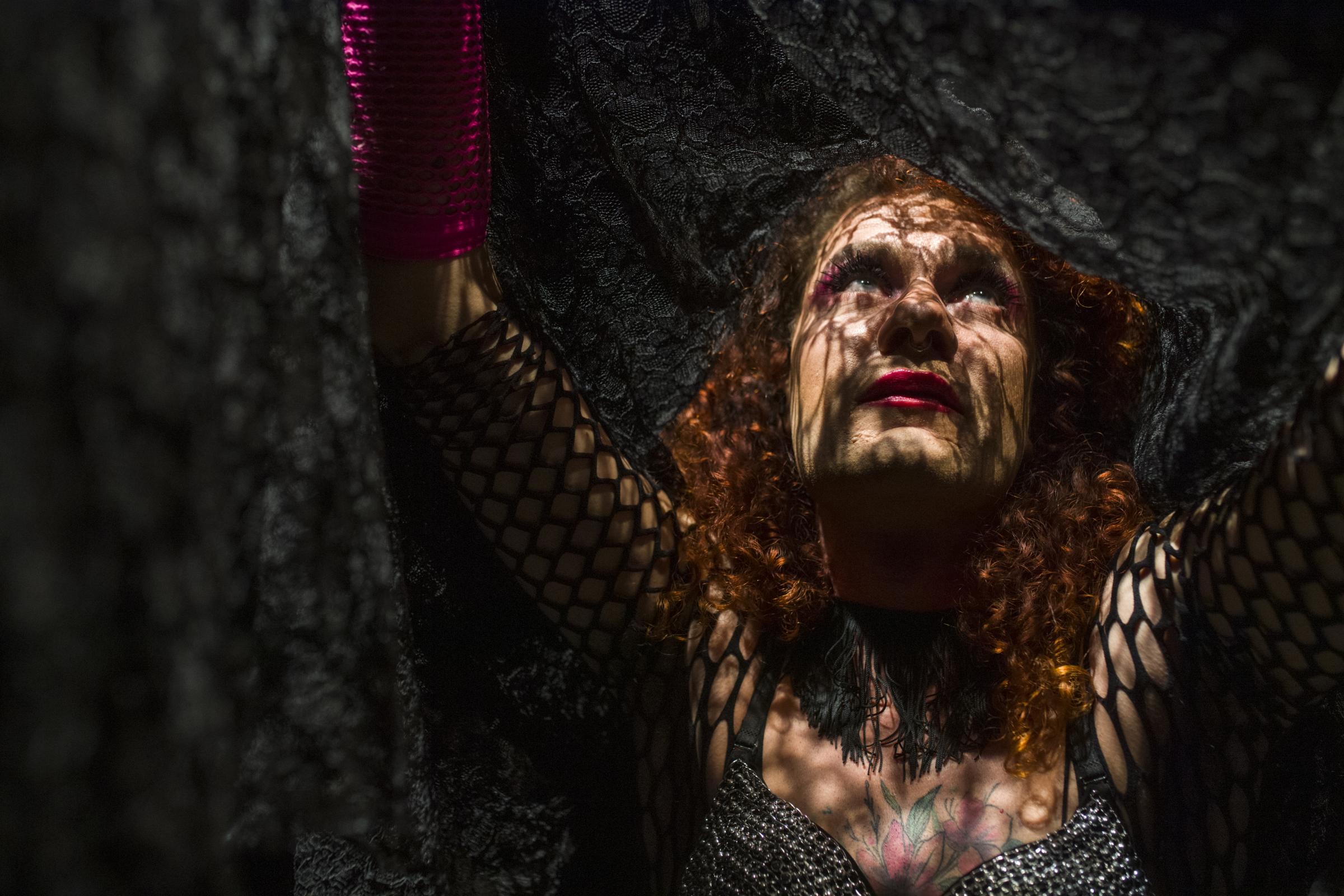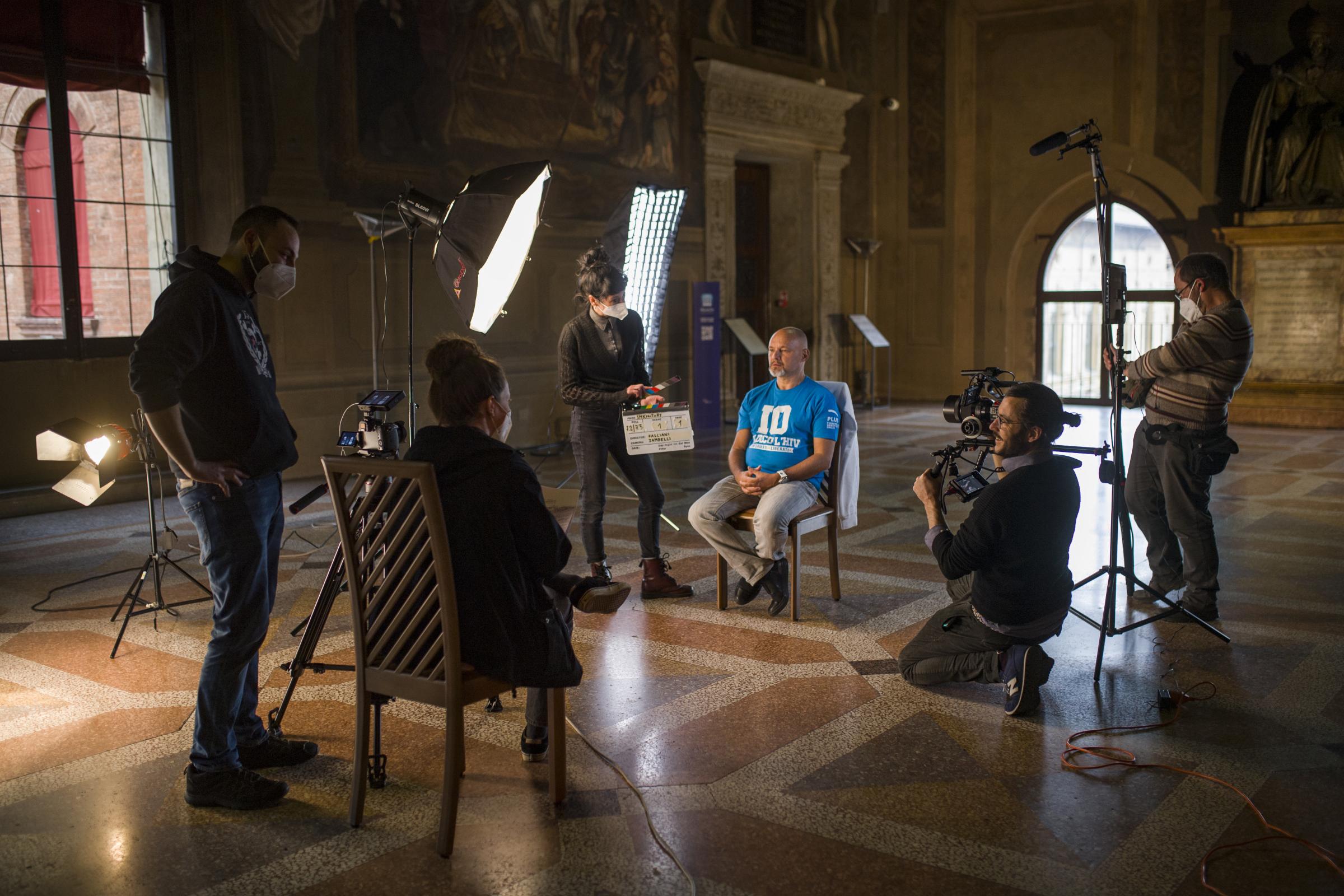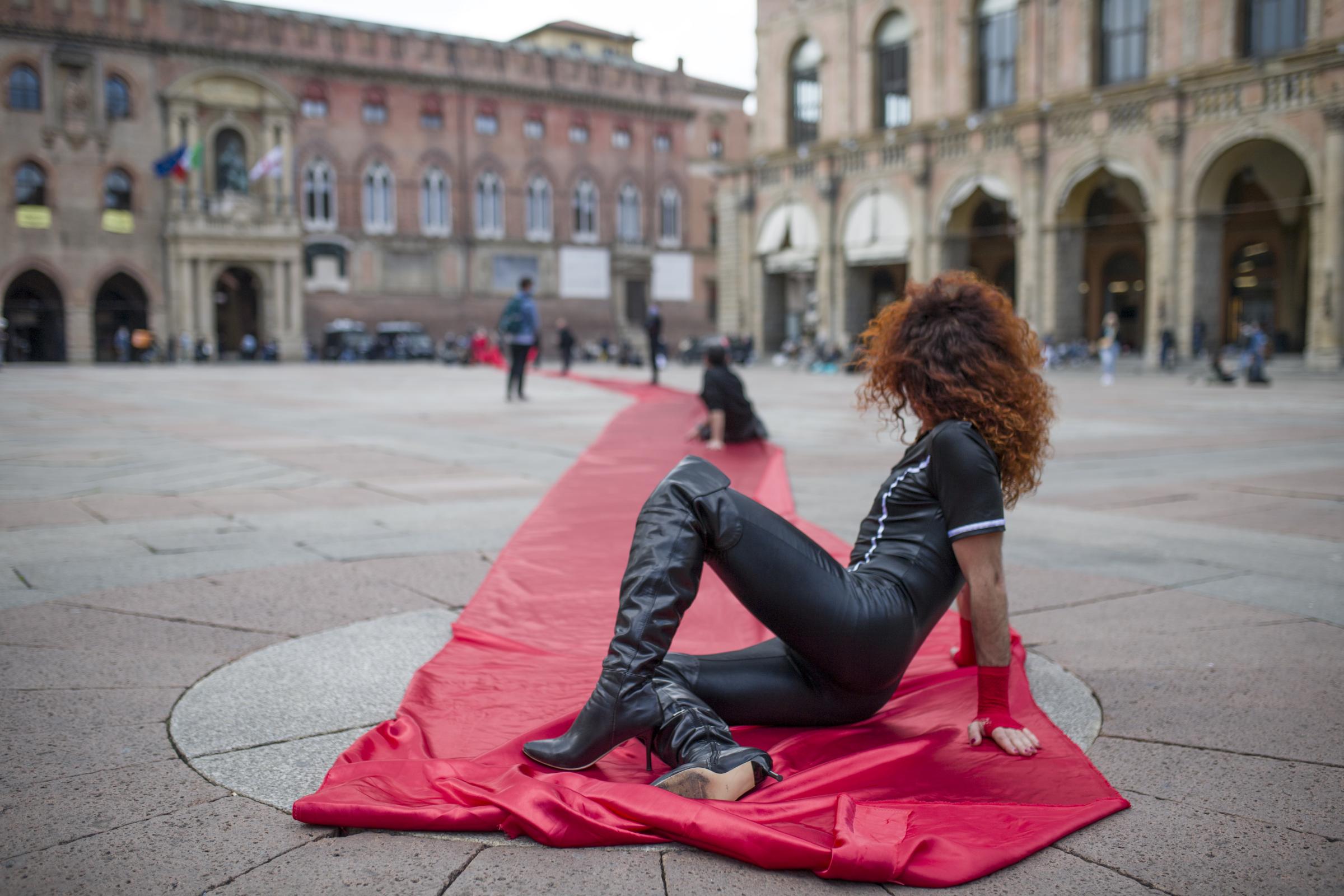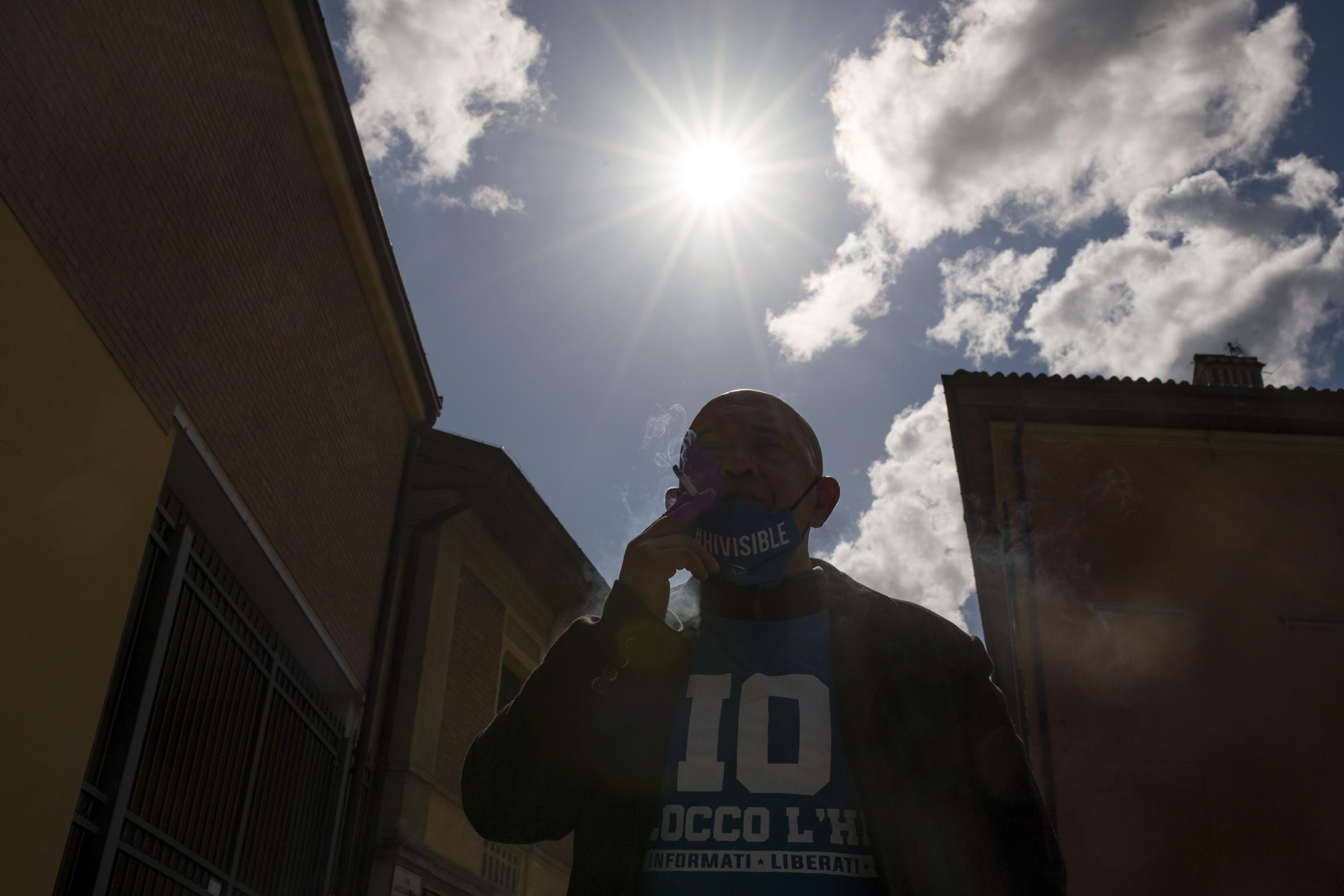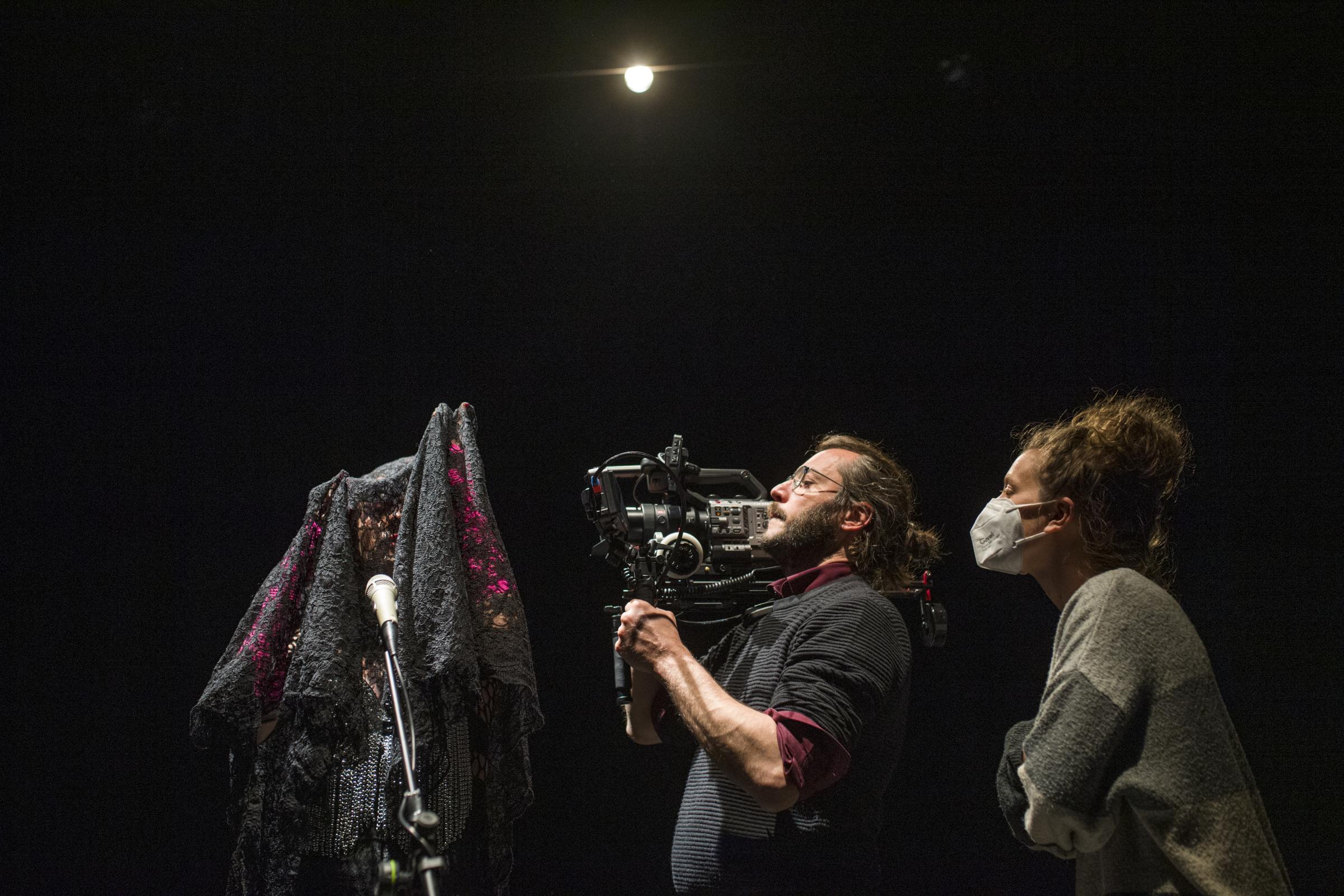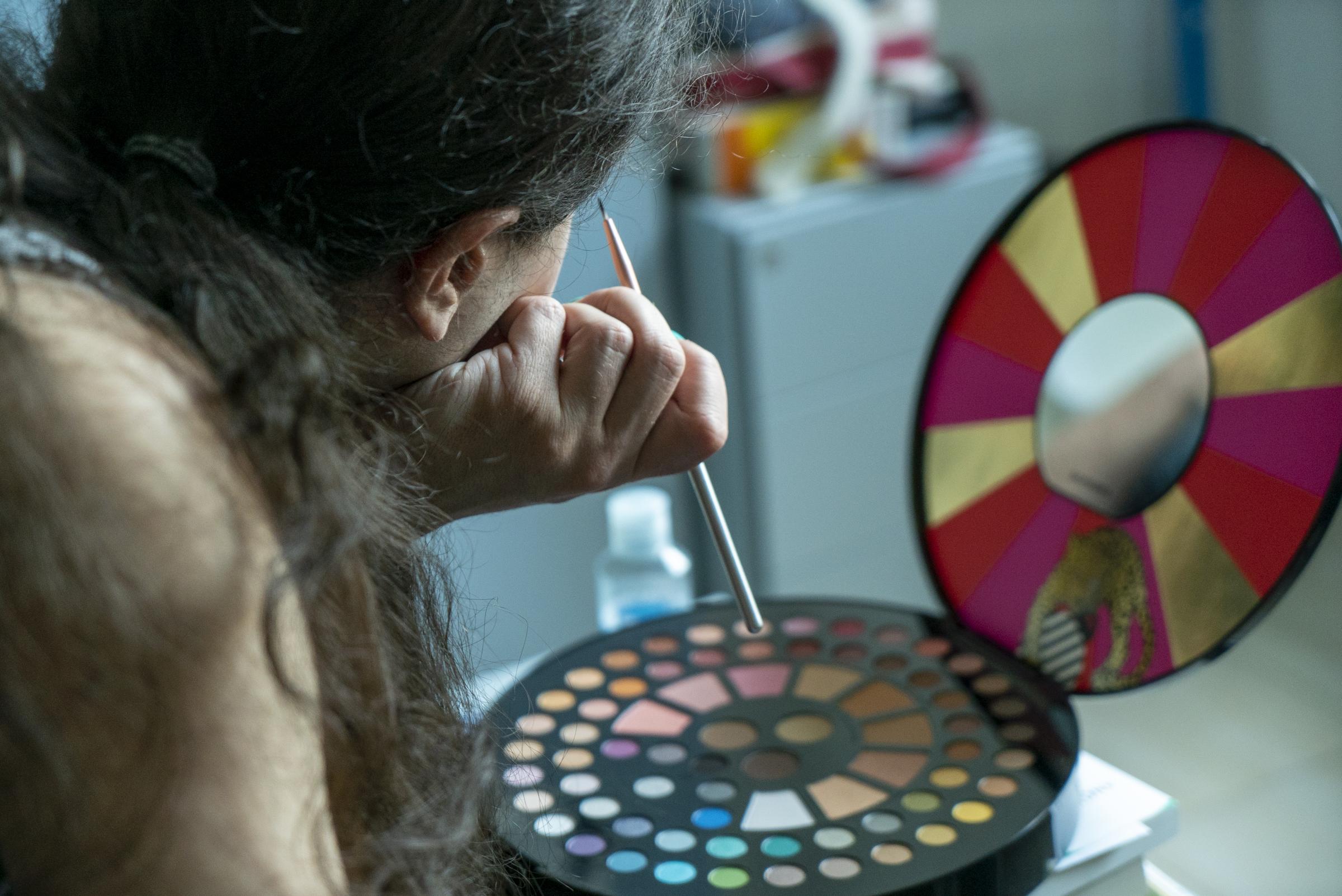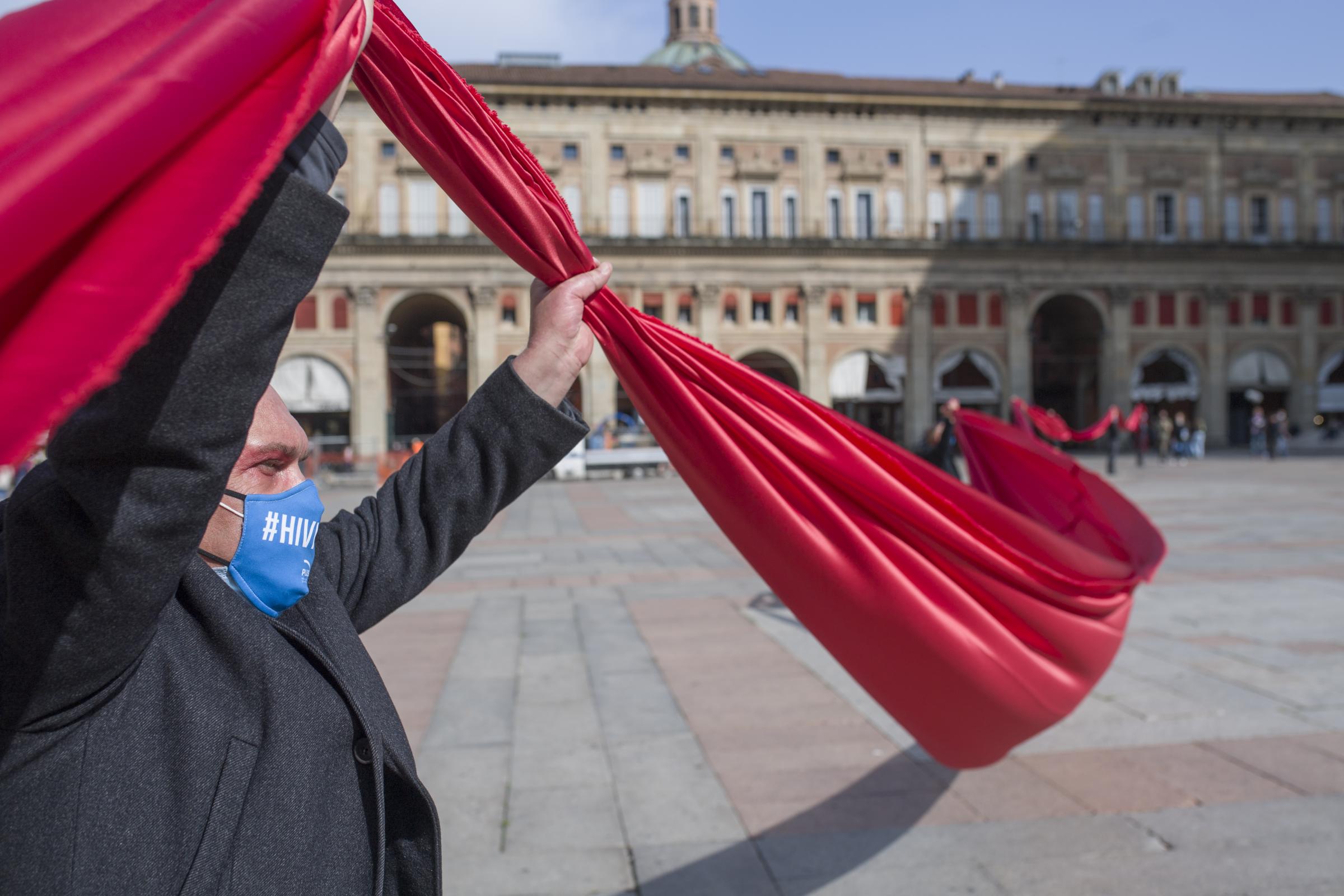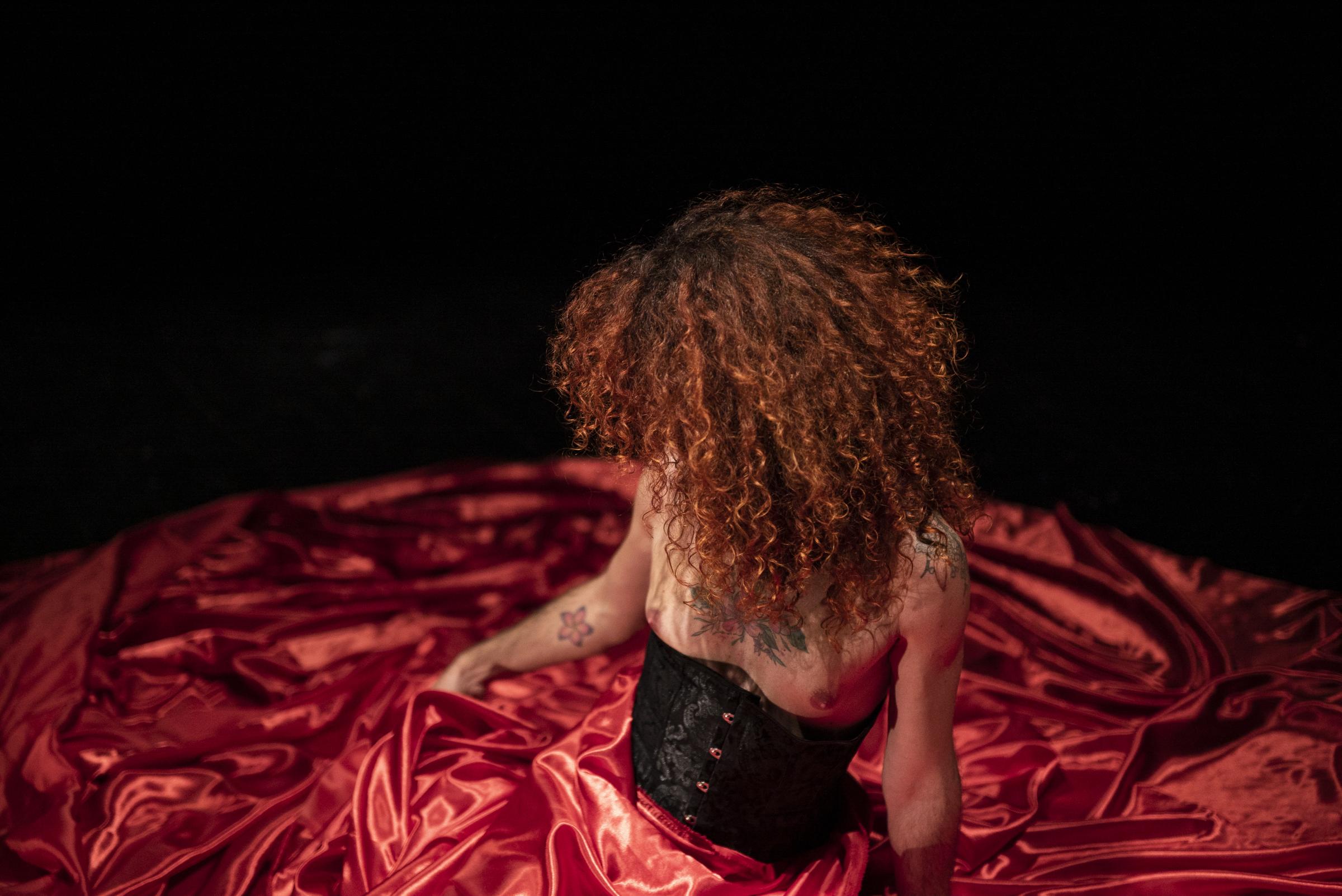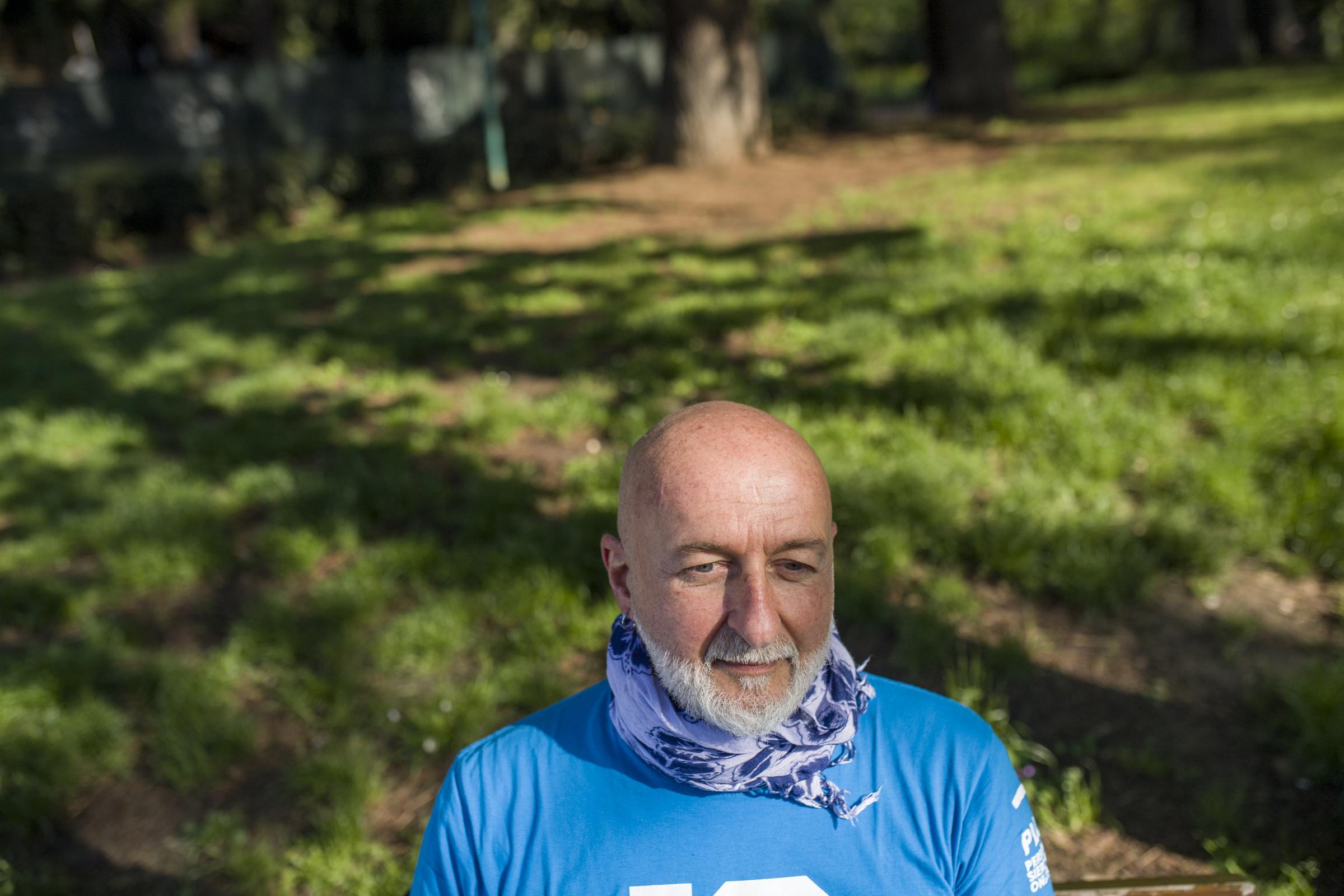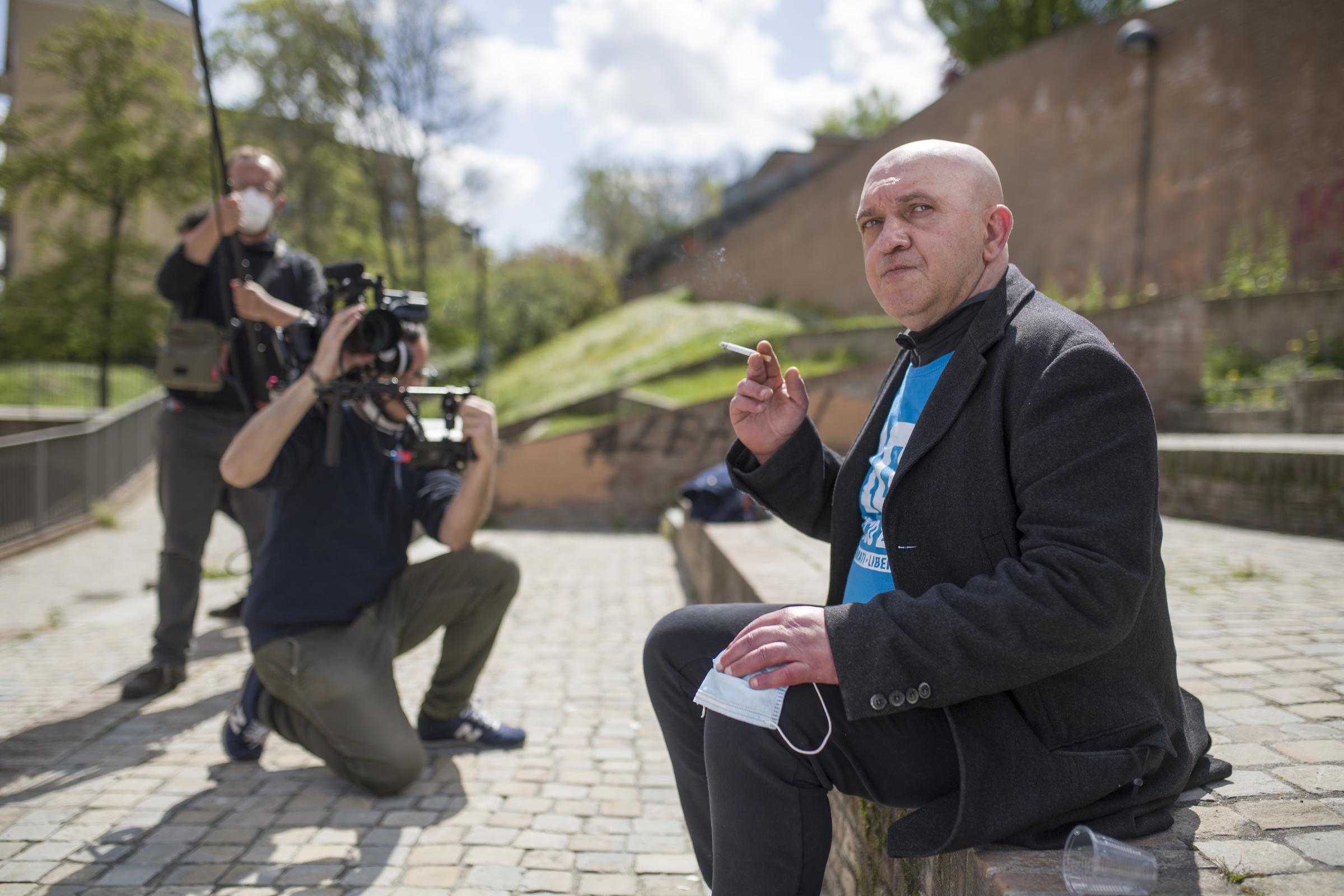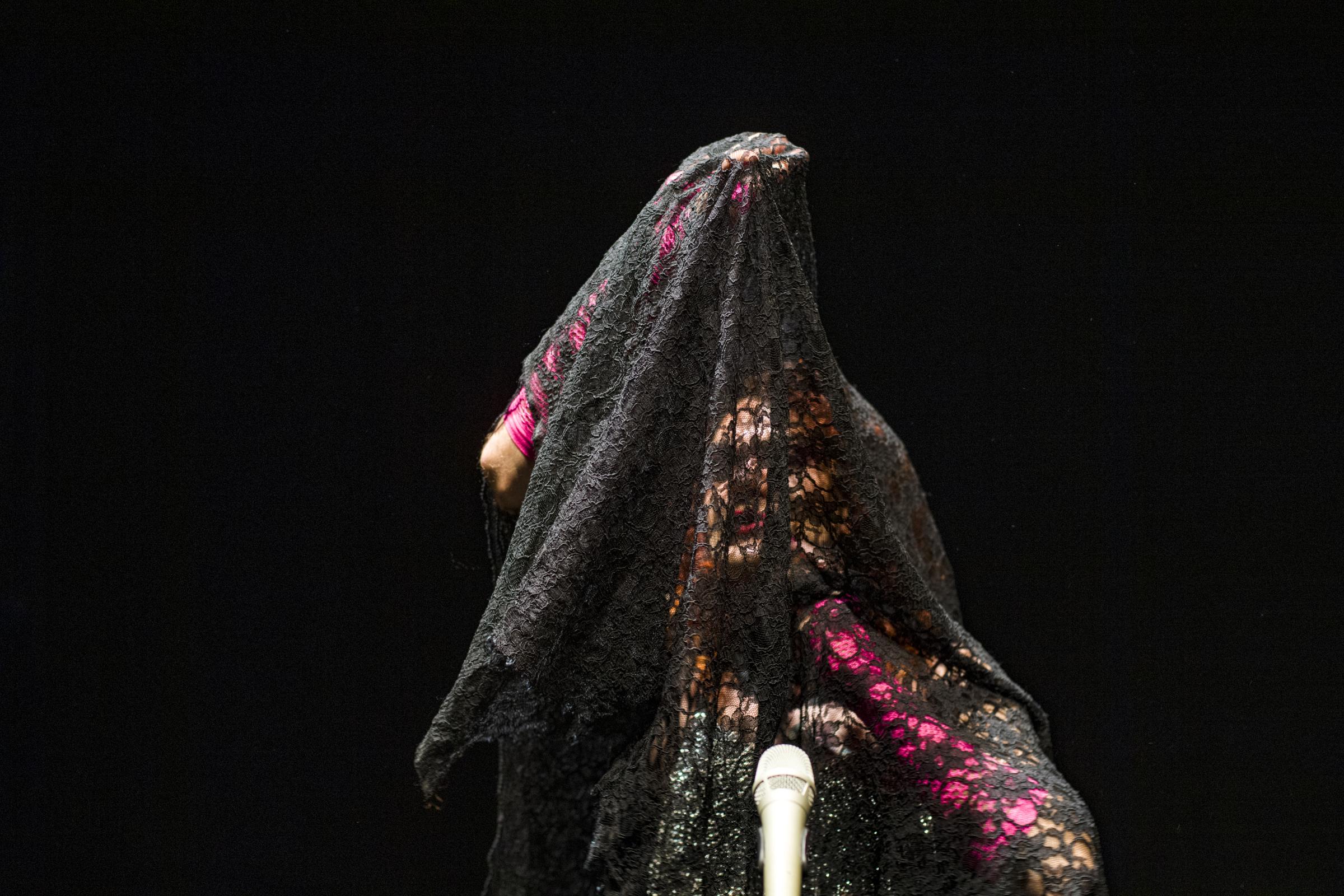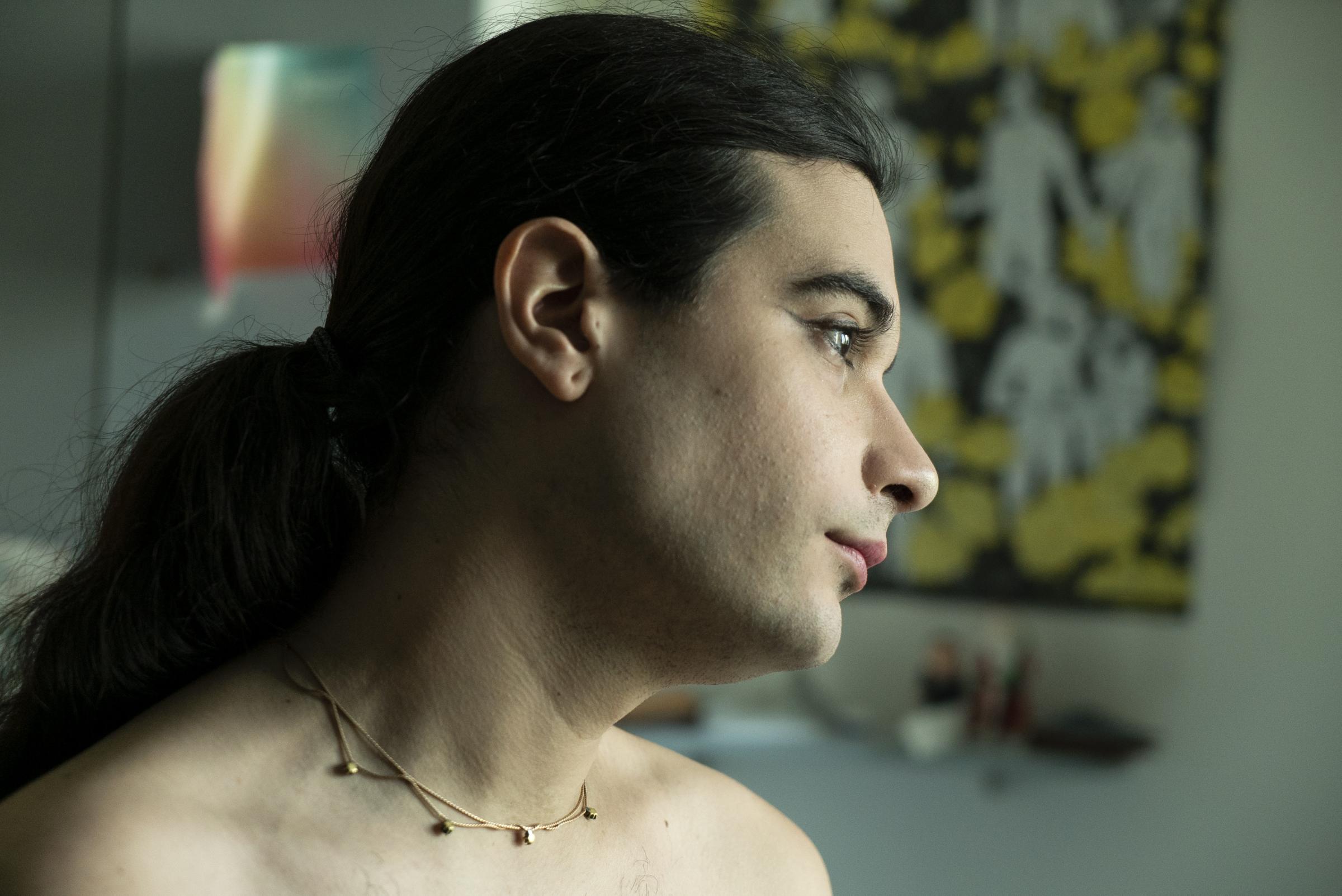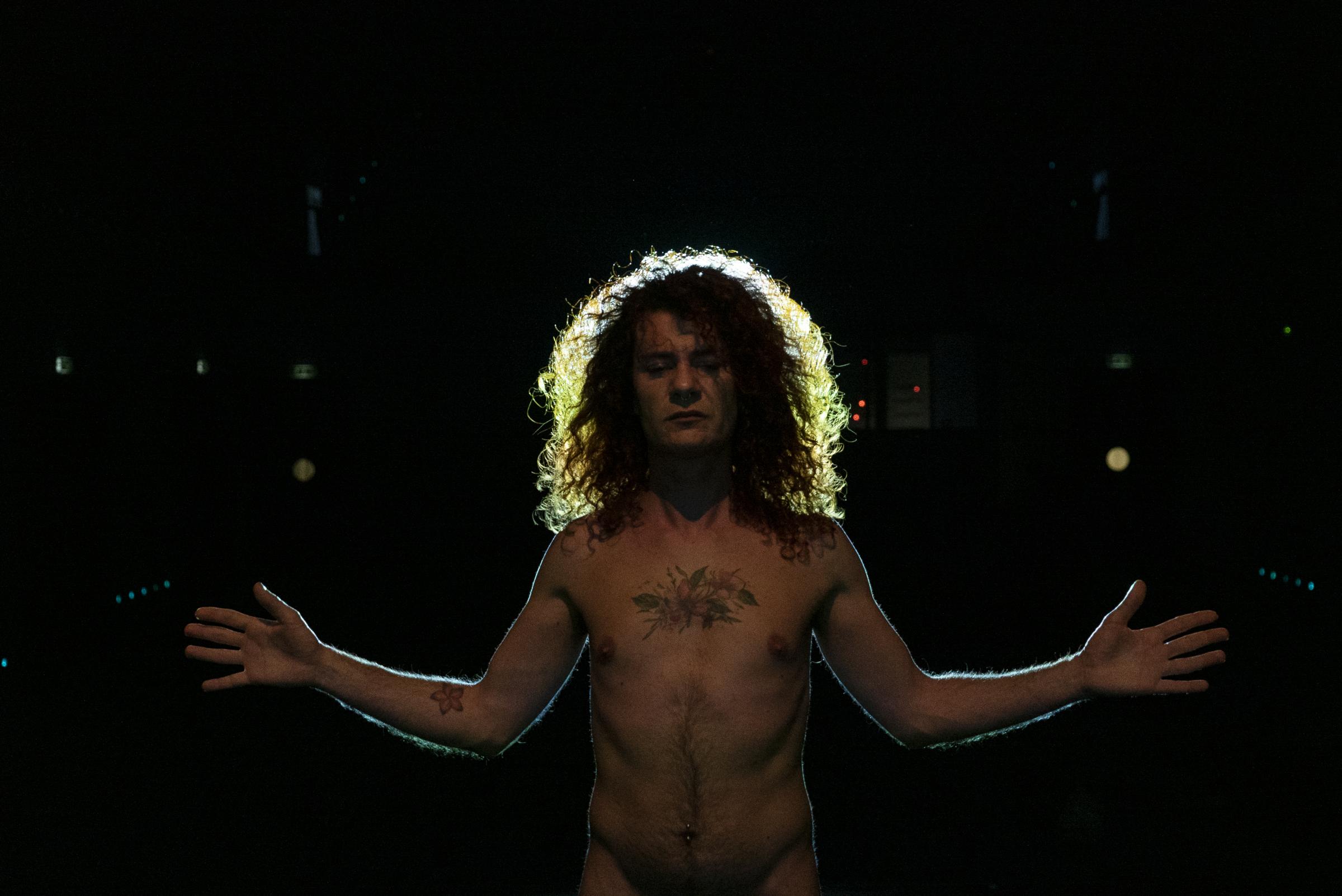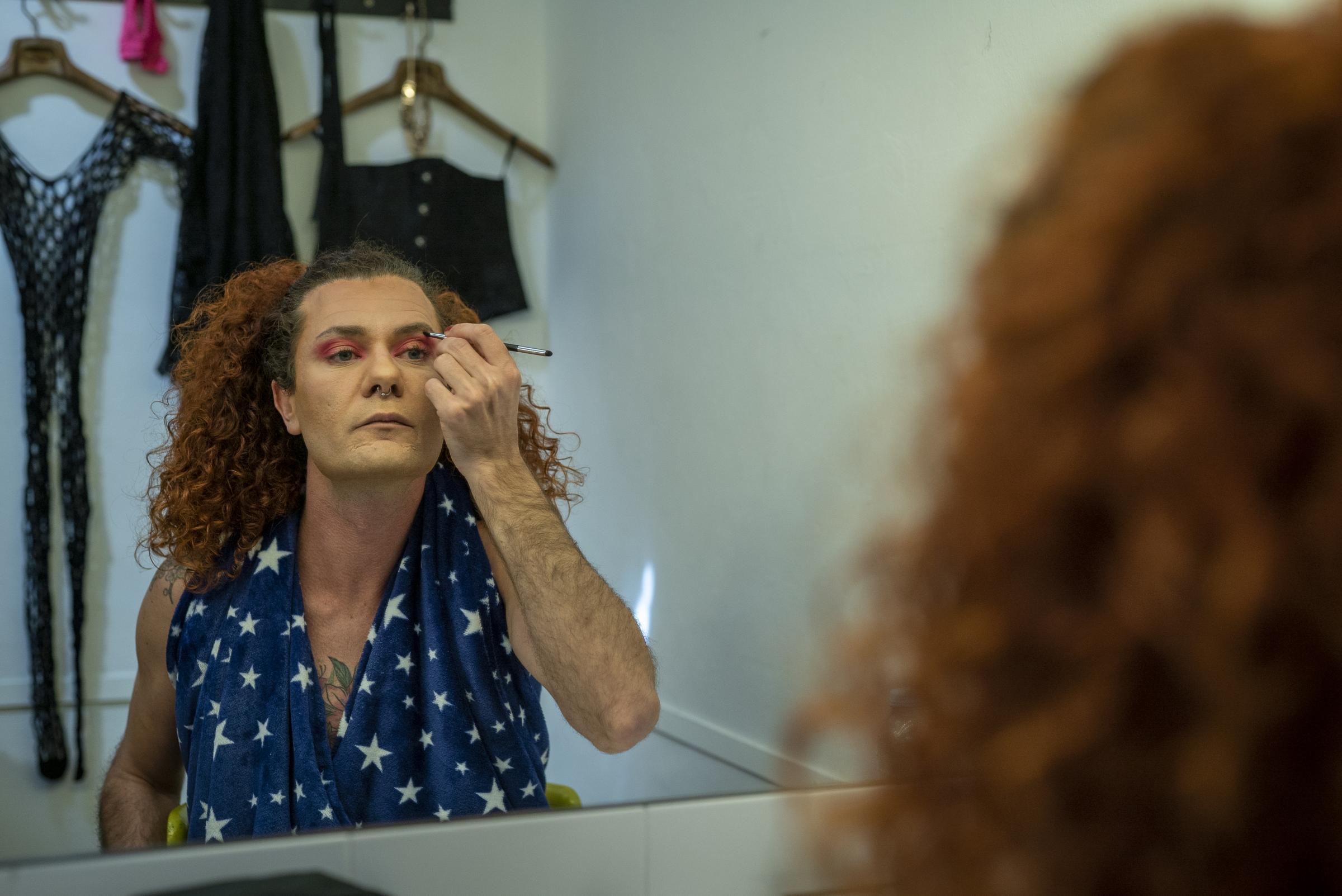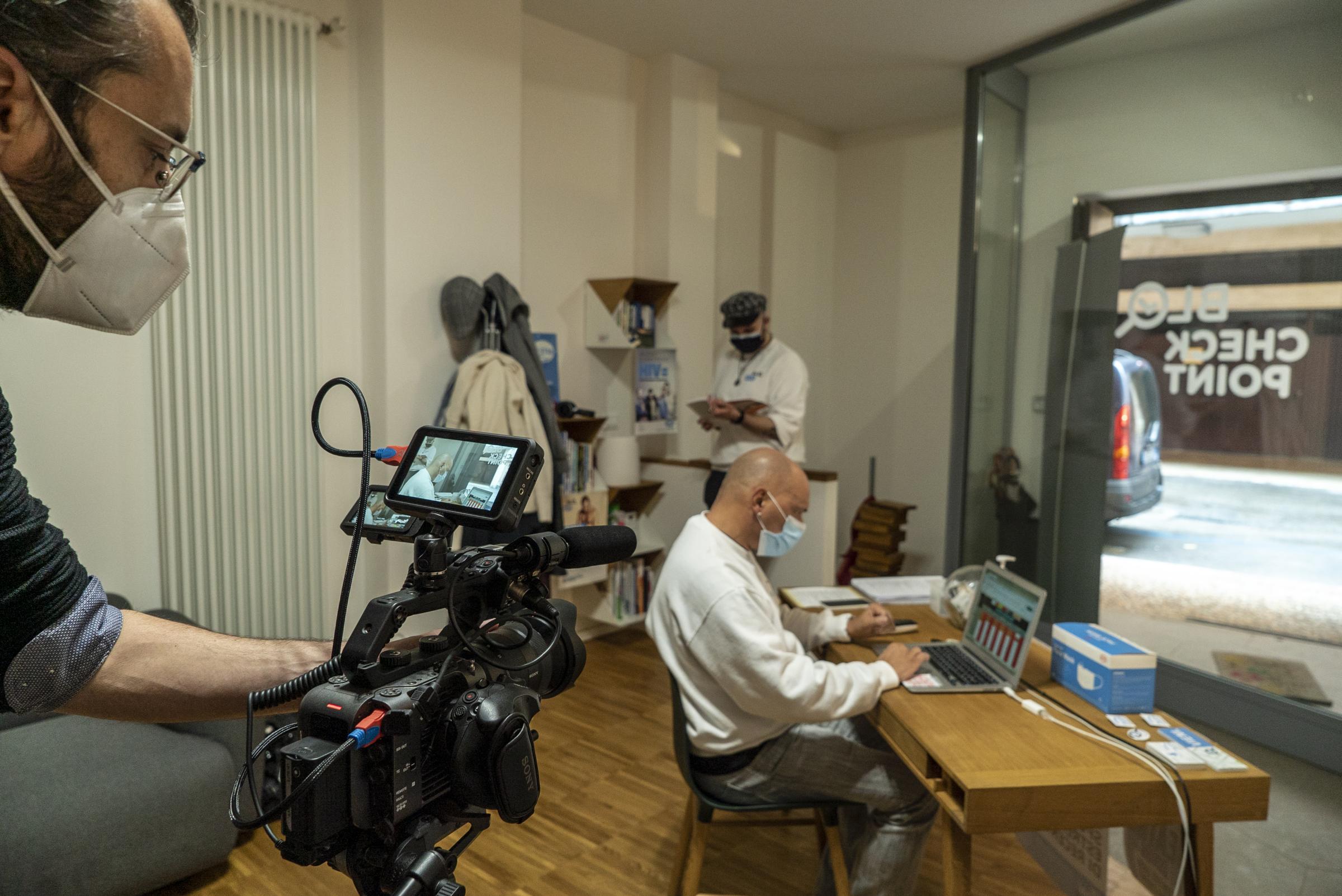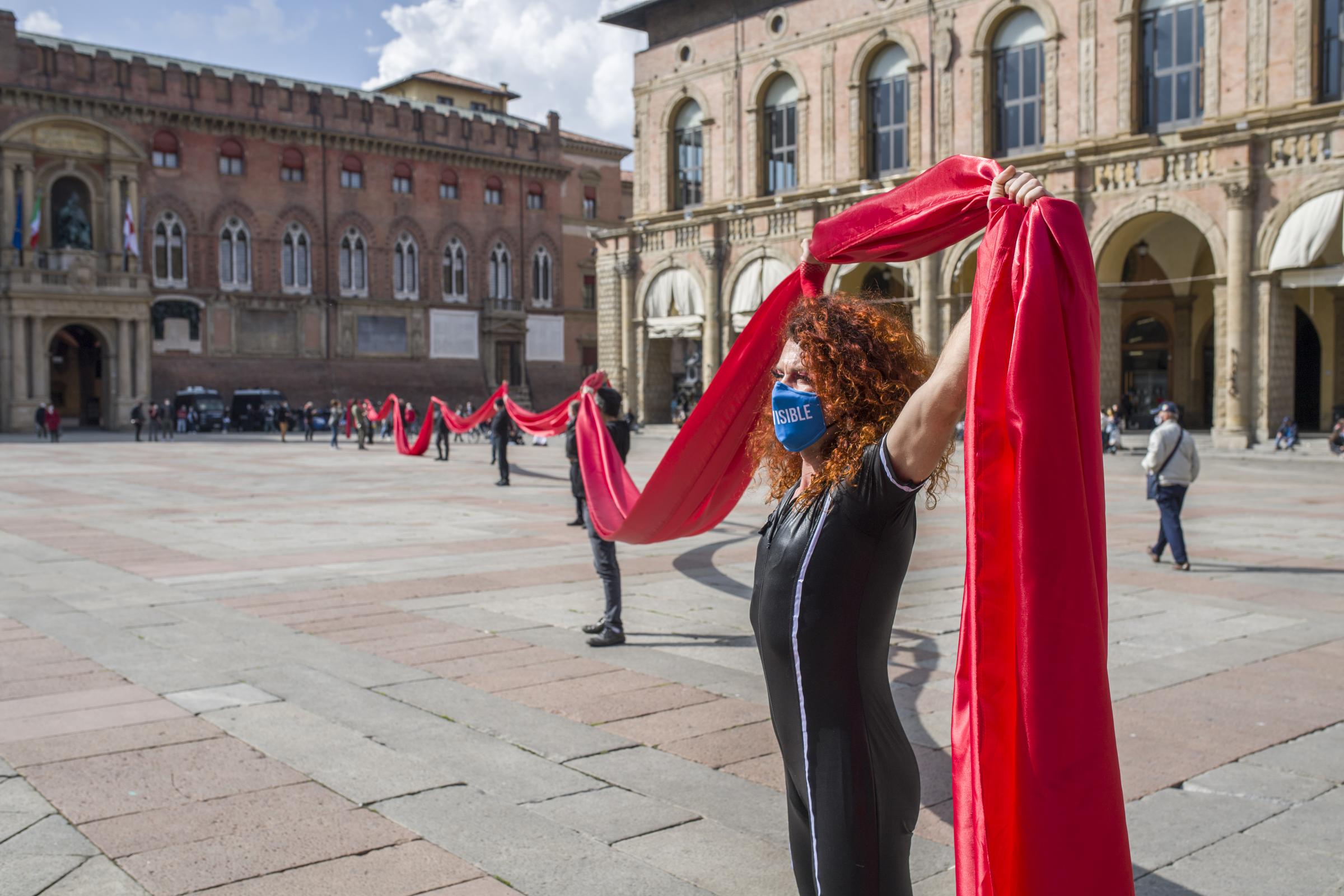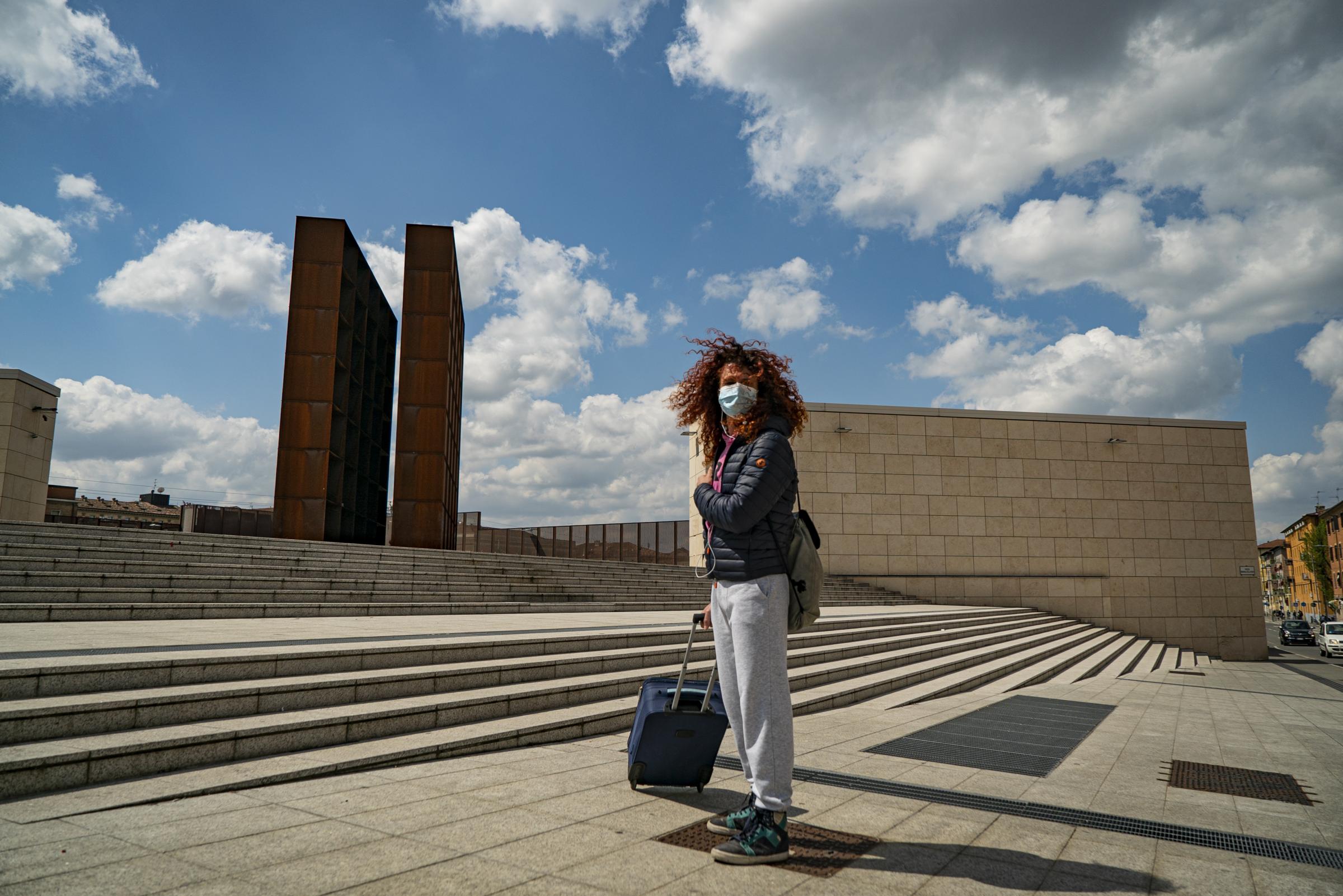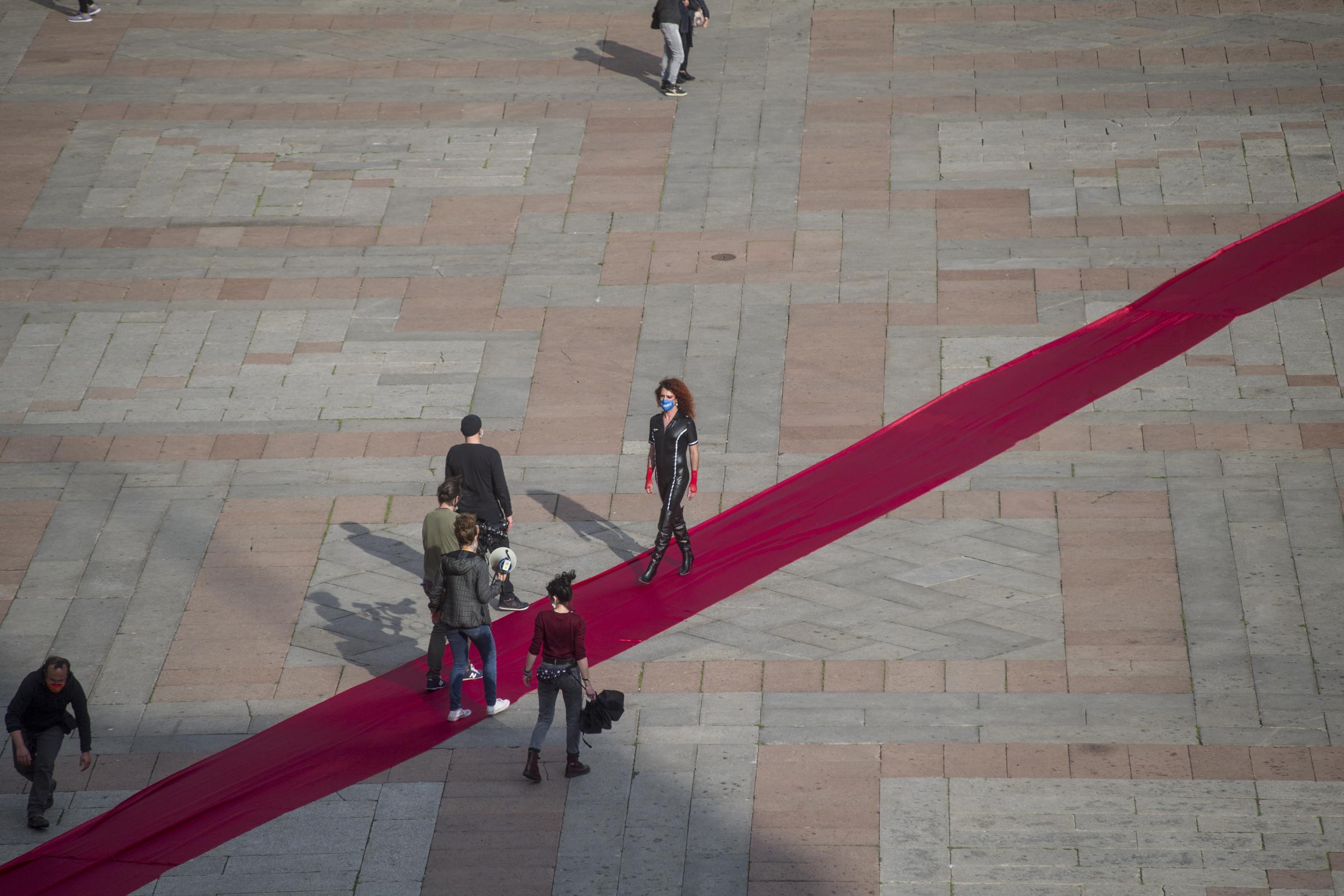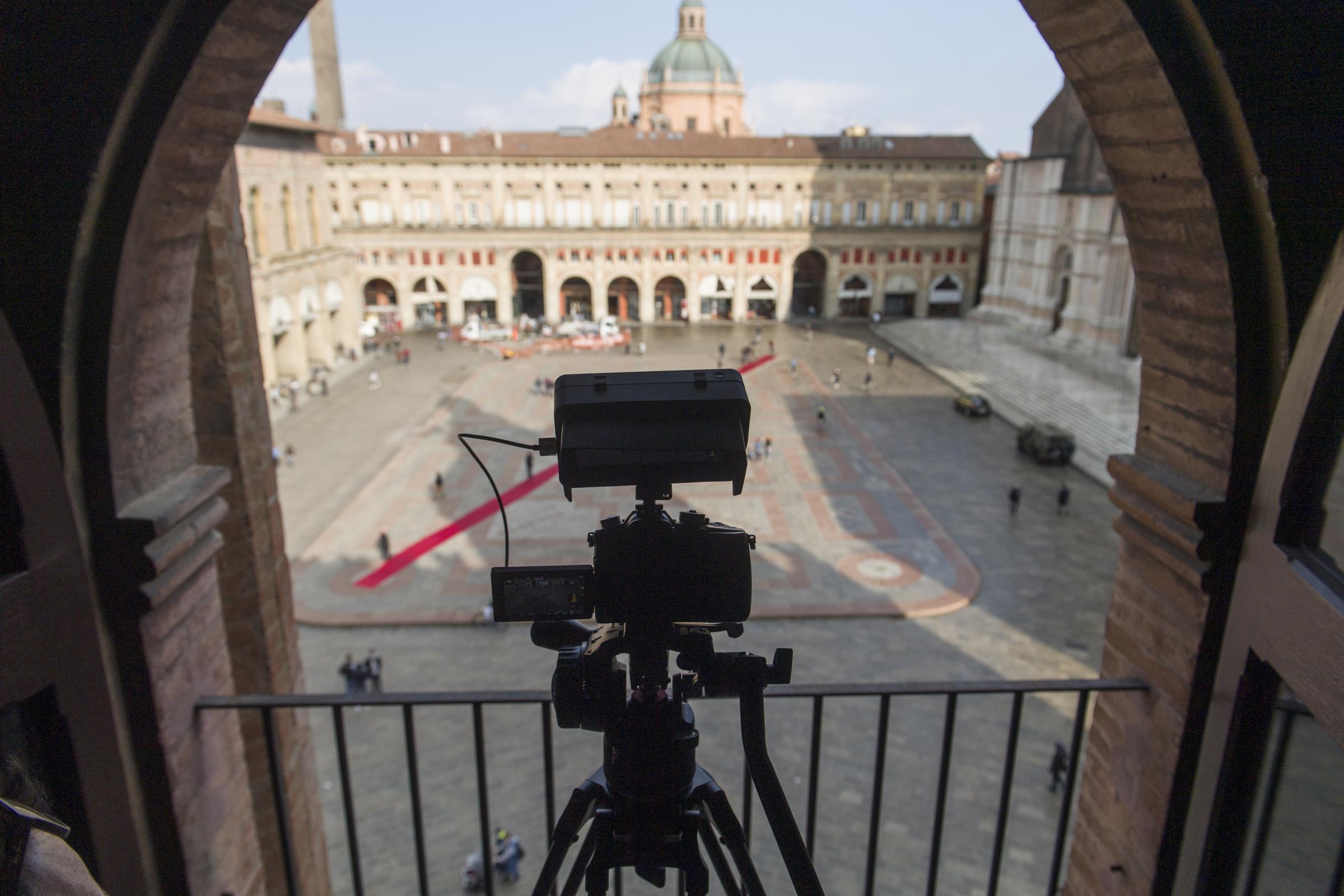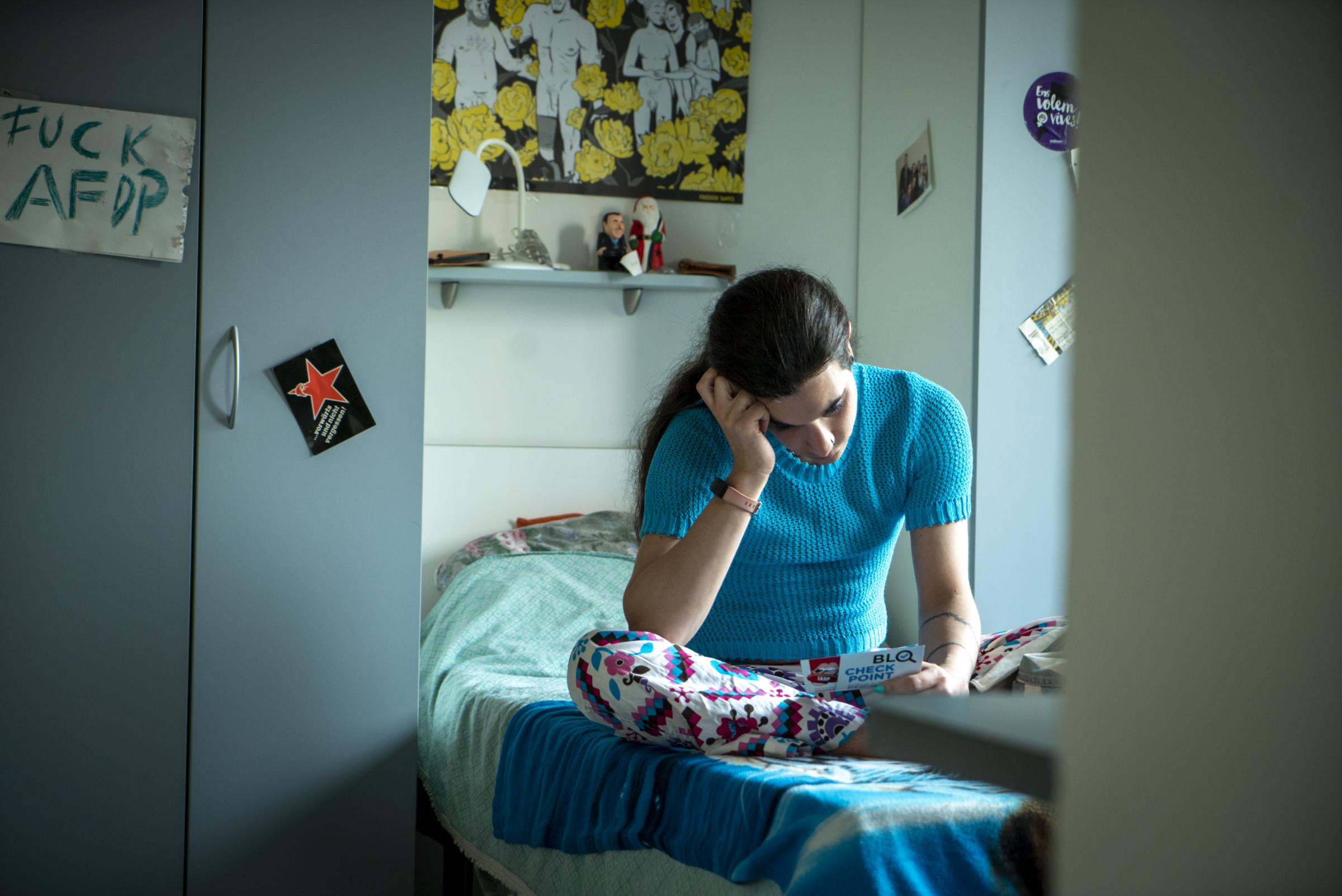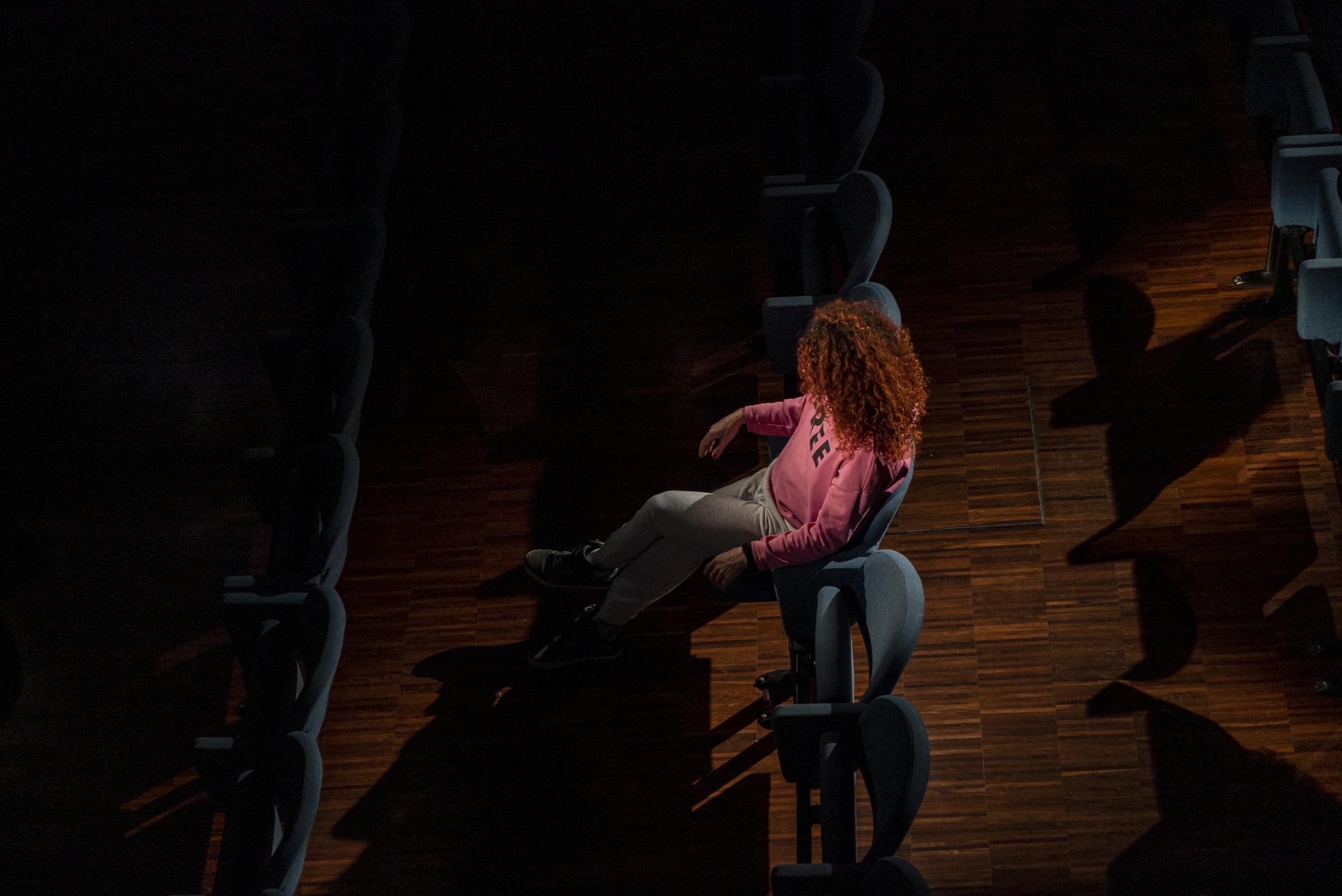On June 5, 1981, at the Center for Disease Control in Atlanta, United States, a disease that would later be called acquired immune deficiency syndrome, or AIDS, was first recognized. Today, 40 years later, there are still about 38 million people in the world living with HIV. In Italy, people found to be HIV-positive in the past year are male in 80 percent of cases; for the first time, the share of new diagnoses attributable to MSM is equal to that attributable to heterosexual intercourse. The share of late diagnoses continues to increase, and they can severely compromise successful treatment. In 2011, PLUS, Persone LGBT Sieropositive Onlus, the first Italian organization and network of LGBT+ HIV-positive people, was founded.
All the social aspects of HIV, from stigma to fear, from loneliness to awareness, too often left to the lonely management of the individual person with HIV, are treated by the association with an awareness of the burden they have on people's lives, even going so far as to affect the clinical management of the infection. The struggle that PLUS carries on, aware that HIV can be defeated, perhaps, only by fighting jointly on a scientific and social level, in fact goes far beyond the medical level or, for that matter, only the hospital level. HIV cannot be defeated with drugs alone, much less will it be defeated with a vaccine just as hepatitis A and B have not been defeated. But as of today the social plan has significantly less space, and HIV is not declining as we would expect given research successes.
I'm Still Here tells the story of the association PLUS - HIV-positive LGBT+ people, in the year of its 10th anniversary, as well as on the 40th anniversary of the first HIV/AIDS diagnosis. The stories of the protagonists, interwoven with the history of the LGBT movement, are retraced from historical, social and political perspectives and enriched with valuable archival material. Highlighting all the social aspects of HIV, from stigma to fear, from loneliness to awareness, means putting people's bodies and stories back at the center, occupying public space with their needs and desires, including through artistic performances, which become moments of reclaim and visibility.
All the social aspects of HIV, from stigma to fear, from loneliness to awareness, too often left to the lonely management of the individual person with HIV, are treated by the association with an awareness of the burden they have on people's lives, even going so far as to affect the clinical management of the infection. The struggle that PLUS carries on, aware that HIV can be defeated, perhaps, only by fighting jointly on a scientific and social level, in fact goes far beyond the medical level or, for that matter, only the hospital level. HIV cannot be defeated with drugs alone, much less will it be defeated with a vaccine just as hepatitis A and B have not been defeated. But as of today the social plan has significantly less space, and HIV is not declining as we would expect given research successes.
I'm Still Here tells the story of the association PLUS - HIV-positive LGBT+ people, in the year of its 10th anniversary, as well as on the 40th anniversary of the first HIV/AIDS diagnosis. The stories of the protagonists, interwoven with the history of the LGBT movement, are retraced from historical, social and political perspectives and enriched with valuable archival material. Highlighting all the social aspects of HIV, from stigma to fear, from loneliness to awareness, means putting people's bodies and stories back at the center, occupying public space with their needs and desires, including through artistic performances, which become moments of reclaim and visibility.
I'M STILL HERE
(Italy, 2021, 54 min.)
Director and Screenplay: Cecilia Fasciani
Editor: Angelica Gentilini
Executive Producer: Andrea Paco Mariani
Director of Photography: Nicola Zambelli
Second Camera Coordinator: Luigi D'Alife
Visual Effects: Isabella Urru
Sound engineer: Claudio Cadei
Music: Claudio Cadei
Color Grading: Salvo Lucchese
Editing Supervisor: Leonardo Alberto Moschetta (A.M.C.)
Production manager: Angelica Gentilini
Production team: Marta Melina, Noemi di Giacomo, Cecilia Fasciani
Graphic communication: Luigi D'Alife
Stage photographer: Michele Lapini, Luigi D'Alife
Archive material: Archive Documentation Center "Flavia Madaschi" Cassero LGBTI Center Bologna
With the unconditional contribution of: ViiV Healthcare and MSD
With the technical support of: Film Commission Bologna - Cineteca Bologna
www.stillheredoc.it
Press office: Arianna Monteverdi - In collaboration with Davide Ficarola
Distribution: OpenDDB_a project of the cultural association SMK Factory, established in 2013, and is the first platform that supports the circulation of audiovisual works by independent production houses.
Plus LGBT+ HIV-positive People The association pursues social solidarity purposes in the fight against HIV/AIDS, activating itself in the bio-psycho-social sphere, in information, training, education, assistance, and in the reduction of all kinds of discrimination in reference to HIV. This is the challenge that Plus has decided to take up through its establishment. It was established with the intention of ensuring that HIV-positive LGBT people have the opportunity to be protected both as LGBT people and as HIV-positive people, in a context in which scientific training and information is promoted and carried out in an equal climate, by professionals, practitioners and volunteers who share the same social and experiential background as the users.
SMK Factory is an Italian independent production company established in 2009 with the first documentary film project "Tomorrow's Land". Starting from the self-production experience gained in the first film (which has received numerous national awards and appearances at international festivals such as Thessaloniki, Al Jazeera, David di Donatello), SMK has pursued documentary production related to social, human rights and environmental issues, becoming a point of reference in the world of film crowdfunding and independent cultural production.
SMK Factory strongly believes in the necessity of audience involvement for the success of its films, made mostly through careful self-production strategies through crowdfunding and fundraising that have allowed over the years the creation of an autonomous and independent circuit for distribution linked to impact campaigns. SMK Factory has produced several documentaries with popular co-production campaigns since "Tomorrow's Land": "Kosovo vs Kosovo" (2012), "An Ephemeral Madness" (2012), "Green Lies" (2014), "Lives at the Center" (2014), "What Oil?" (2016), "The Harvest" (2017). "The Milky Way" (2020).
(Italy, 2021, 54 min.)
Director and Screenplay: Cecilia Fasciani
Editor: Angelica Gentilini
Executive Producer: Andrea Paco Mariani
Director of Photography: Nicola Zambelli
Second Camera Coordinator: Luigi D'Alife
Visual Effects: Isabella Urru
Sound engineer: Claudio Cadei
Music: Claudio Cadei
Color Grading: Salvo Lucchese
Editing Supervisor: Leonardo Alberto Moschetta (A.M.C.)
Production manager: Angelica Gentilini
Production team: Marta Melina, Noemi di Giacomo, Cecilia Fasciani
Graphic communication: Luigi D'Alife
Stage photographer: Michele Lapini, Luigi D'Alife
Archive material: Archive Documentation Center "Flavia Madaschi" Cassero LGBTI Center Bologna
With the unconditional contribution of: ViiV Healthcare and MSD
With the technical support of: Film Commission Bologna - Cineteca Bologna
www.stillheredoc.it
Press office: Arianna Monteverdi - In collaboration with Davide Ficarola
Distribution: OpenDDB_a project of the cultural association SMK Factory, established in 2013, and is the first platform that supports the circulation of audiovisual works by independent production houses.
Plus LGBT+ HIV-positive People The association pursues social solidarity purposes in the fight against HIV/AIDS, activating itself in the bio-psycho-social sphere, in information, training, education, assistance, and in the reduction of all kinds of discrimination in reference to HIV. This is the challenge that Plus has decided to take up through its establishment. It was established with the intention of ensuring that HIV-positive LGBT people have the opportunity to be protected both as LGBT people and as HIV-positive people, in a context in which scientific training and information is promoted and carried out in an equal climate, by professionals, practitioners and volunteers who share the same social and experiential background as the users.
SMK Factory is an Italian independent production company established in 2009 with the first documentary film project "Tomorrow's Land". Starting from the self-production experience gained in the first film (which has received numerous national awards and appearances at international festivals such as Thessaloniki, Al Jazeera, David di Donatello), SMK has pursued documentary production related to social, human rights and environmental issues, becoming a point of reference in the world of film crowdfunding and independent cultural production.
SMK Factory strongly believes in the necessity of audience involvement for the success of its films, made mostly through careful self-production strategies through crowdfunding and fundraising that have allowed over the years the creation of an autonomous and independent circuit for distribution linked to impact campaigns. SMK Factory has produced several documentaries with popular co-production campaigns since "Tomorrow's Land": "Kosovo vs Kosovo" (2012), "An Ephemeral Madness" (2012), "Green Lies" (2014), "Lives at the Center" (2014), "What Oil?" (2016), "The Harvest" (2017). "The Milky Way" (2020).
I'm Still Here - documentary
Public Project
I'm Still Here - documentary
1,193

